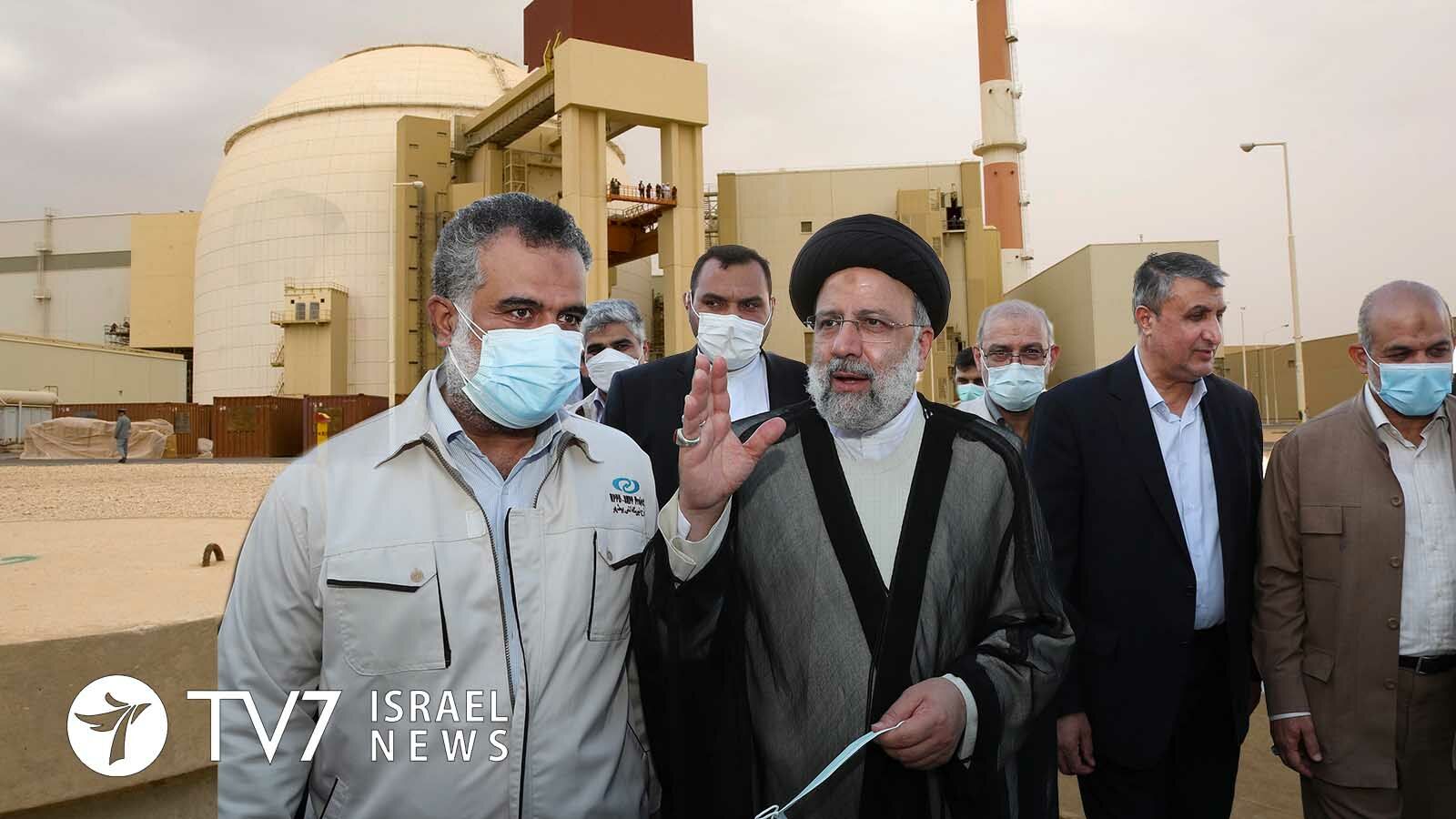Tehran is still refusing to return to the Vienna Talks 4 months after discussions broke off, says the European Union Coordinator on Iran Enrique Mora, although the Islamic Republic’s new negotiating team may meet with EU officials in Brussels in a few weeks’ time.
By Erin Viner
Mora made the comments in Tehran following meetings with the Ayatollah regime’s newly-selected nuclear negotiators.
The E3 nations of France, The United Kingdom and Germany said Mora’s visit came at a critical time amid ongoing strides in Iranian nuclear development.
“The nuclear situation has worsened continuously and seriously,” said one E3 diplomat cited by Reuters, pertaining to Tehran’s accelerating enrichment of uranium to higher fissile purity – which is a possible pathway to a nuclear bomb. The diplomat stressed that “from our E3 point of view” Mora’s trip could not be considered a “business as usual” mission, but rather within the “context of a deep crisis” in attempts to revive the Joint Comprehensive Plan of Action (JCPOA).
Even though Iran is “not yet ready for engaging in Vienna,” the official told reporters on condition of anonymity that he believed the country has “absolutely decided to go back to Vienna and to end the negotiations.”
The US, EU and Israel have recently adopted a tougher line toward the Islamic Republic amid rising frustration over unwillingness by recently-elected Iranian President Ebrahim Raisi to resume the indirect talks that began last April. Iranian officials have repeatedly stated they would return to Vienna “soon,” but have declined to specify a date. Western diplomats had hoped the Vienna talks would be restarted before the end of this month.
High Representative of the EU for Foreign Affairs and Security Policy Josep Borrell told reporters in Washington that even though he had to be somewhat “patient on this issue, because we cannot afford to fail,” he does not see the necessary to meet in Brussels because Iran’s new government has had enough time to prepare for the Vienna talks.
French Foreign Ministry Spokeswoman Anne-Claire Legendre reiterated insistence that negotiations should resume immediately on the basis of where they left off in June to reach a deal quickly.
Even Iran’s ally Russia suggested Iran would be better served returning to Austria.
“Isn’t it more prudent to discuss the texts with participants in the #ViennaTalks?,” questioned Moscow’s Ambassador to the International Atomic Energy Agency Mikhail Ulyanov in a message posted on Twitter.
The 2015 JCPOA between Tehran, the UK, China, France, Germany, Russia and the US had placed limitations on Iranian enrichment of uranium to prevent its production of atomic bombs in exchange for the lifting of Western economic sanctions. Tehran began to openly violate those curbs after then-US President Donald Trump withdrew from the pact in 2018 and re-imposed the punitive economic measures.
The Trump Administration and successive Israeli governments under current Prime Minister Naftali Bennett and former Premier Benjamin Netanyahu reject claims by the Islamic Republic that it is not developing nuclear weapons.
Even though the administration US President Joe Biden said it prefers bringing both nations back into compliance with the deal, it has refused Tehran’s demands that the sanctions must be lifted before it would consider rejoining.
“The window of opportunity is open – it won’t be open forever if Iran takes a different course,” warned a senior US State Department official last month in reference to Iran’s ongoing nuclear advances, although he declined to say what action the Biden Administration might undertake.
“We will look at every option to deal with the challenge posed by Iran,” US Secretary of State Antony Blinken underscored during a joint news conference in Washington last Wednesday alongside Israeli Foreign Minister Yair Lapid and Emirati Foreign Minister Sheikh Abdullah Bin Zayed.
“If the Iranians don’t believe the world is serious about stopping them, they will race to the bomb. Israel reserves the right to act at any given moment in any given way,” Lapid stressed. Israel has previously bombed nuclear sites in both Iraq and Syria.
Earlier, US Special Envoy for Iran Rob Malley stated that the White House is ready to consider “all options” if Iran fails to resume compliance with the JCPOA.
The phrase “all options” typically denotes the possibility – however remote – of military action.
“We will be prepared to adjust to a different reality in which we have to deal with all options to address Iran’s nuclear program if it’s not prepared to come back into the constraints,” Malley said in a virtual appearance at a Washington think tank, adding, “There is every possibility that Iran will choose a different path, and we need to coordinate with Israel and other partners in the region.”
Malley said that his current 15-21 October visit to the United Arab Emirates, Qatar and Saudi Arabia is aimed at discussing efforts to revive the JCPOA “and what options we have to control Iran’s nuclear program if we can’t achieve that goal.”
